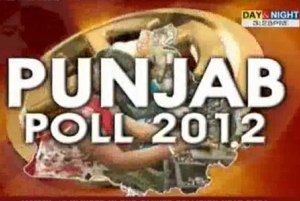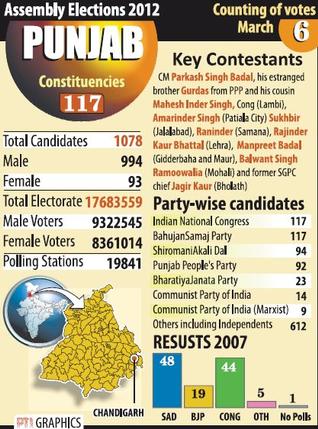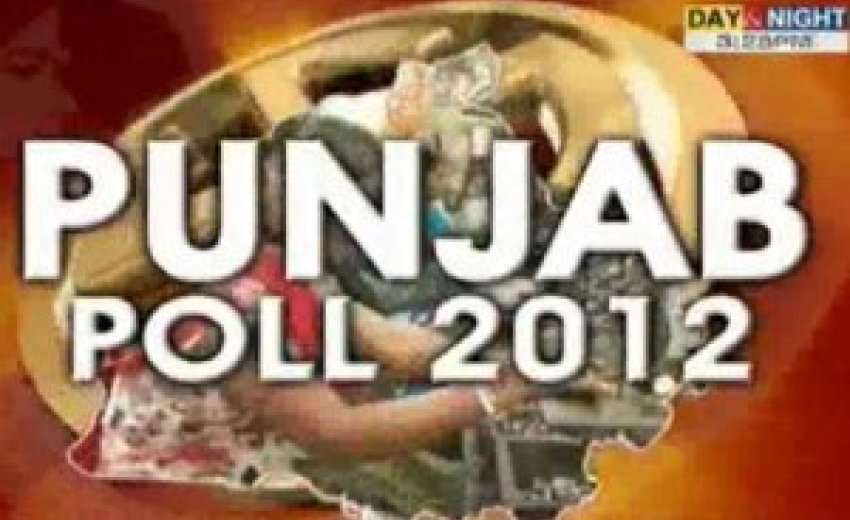 The decline of Sikh Panthic issues as electoral agenda and the rise of a development rhetoric would be the highlight when Punjab goes to elections on 30 January, 2012.
The decline of Sikh Panthic issues as electoral agenda and the rise of a development rhetoric would be the highlight when Punjab goes to elections on 30 January, 2012.
This is the first time in the history of the state that both Shiromani Akali Dal (Badal) and Indian National Congress did not raise any Sikh identity issues, which were at the helm of debate in the militancy and post-militancy period of the 1990s and early 2000s. While this would give added ground to the Congress to practice its assimilative politics, as envisioned by the party high command, it would also give the Akalis a chance to emerge as an autonomous party that would take into account also the concerns of the Hindus who are almost half of Punjab’s population. The SAD is seen as an upper caste Jat Sikh party, primarily comprising big farmers. In all the elections, it has to depend on the Bharatiya Janata Party (BJP), SAD’s ally in the assembly and parliamentary polls, to cash in the Hindu votes.
However, if the 2009 parliamentary election’s performance is to be believed, the BJP is set to suffer a major setback in the assembly elections because of its declining organisational strength and non-performance of its elected legislators. The party had lost almost all its assembly segments. It is for this reason that SAD’s heir apparent Sukhbir Badal and Chief Minister Prakash Singh Badal’s son had started his campaign on a developmental all-inclusive agenda from February last year. Since 2009, Sukhbir, credited for three successful election campaigns, has tried to give an unprecedented electoral representation to Hindus, Dalits and Other Backward castes.
The Congress, instead, is banking on anti-incumbency factor and the historical tradition of Punjab which has never voted back an incumbent government. Amarinder Singh, the captain of the Congress team, has been using the Khunda (a farmer’s staff used for self-defence) in all his rallies as a message to the people that if the Congress party comes to power it will seek revenge from the Akalis for the growing incidents of police torture and widespread corruption in the state. The perception among the people, according to many surveys, has been that the SAD-BJP government has been one of the most autocratic and corrupt governments. However, the Congress has also had to face the anti-incumbency that runs against the UPA government at the centre and something that the SAD-BJP has frequently been raising. It also has to tackle 27 of its dissident candidates who are now contesting elections independently after being denied a party ticket.
 In this bi-polar sharing of power between the Akalis and the Congress, a third front called the Sanjha Morcha has emerged strongly for the first time in Punjab’s polity, raising doubts over psephological calculations. The leader of the Sanjha Morcha, Manpreet Badal was a former Akali and the finance minister of the ruling government before he decided to form his own party by the name of People’s Party of Punjab (PPP). In political circles, he was seen as the heir-apparent to Prakash Singh Badal, before Sukhbir Badal asserted himself in the party even after joining politics much later than Manpreet Badal. This led to Manpreet’s resignation from the party and the Sanjha Morcha that comprises the Communist Party of India (Marxist), Communist Party of India and Shiromani Akali Dal (Longowal along with the PPP. The Morcha is banking on clean image and development programme that it had much before any other party.
In this bi-polar sharing of power between the Akalis and the Congress, a third front called the Sanjha Morcha has emerged strongly for the first time in Punjab’s polity, raising doubts over psephological calculations. The leader of the Sanjha Morcha, Manpreet Badal was a former Akali and the finance minister of the ruling government before he decided to form his own party by the name of People’s Party of Punjab (PPP). In political circles, he was seen as the heir-apparent to Prakash Singh Badal, before Sukhbir Badal asserted himself in the party even after joining politics much later than Manpreet Badal. This led to Manpreet’s resignation from the party and the Sanjha Morcha that comprises the Communist Party of India (Marxist), Communist Party of India and Shiromani Akali Dal (Longowal along with the PPP. The Morcha is banking on clean image and development programme that it had much before any other party.
But most analysts believe that the third front would not make an impact on its own but would prove to be a major spoiler even if it manages a five per cent vote share. Considering the less than three percentage point difference of vote shares between the Congress and the Akalis in all the elections in the last two decades, the hypothesis may prove crucial to one party’s victory. Manpreet, in the rural areas, could spoil Akali chances of consolidating Jat Sikh votes. In urban areas, Manpreet could attract the youth for his modern and clean image and also some Dalit votes because of the support of the communists. This section has always been loyal to the Congress or the BJP.
Punjab is divided into three major regions: Malwa, Majha, and Doaba. In the 2007 assembly elections, the Congress has performed exceedingly well in Malwa but lost out to the Akalis in the other two regions by a massive margin. One of the crucial factor that led to Congress’ victory in Malwa was that the Dera Sacha Sauda with its huge support of Dalits and OBCs had declared open support for the Congress after being violently handled by Akali supporters. However, the BJP won 19 out of the 23 seats it contested and this was BJP’s best performance till date. This had led to the formation of a SAD-BJP government. In 2007, however, Malwa, with 65 constituencies, is all set for a triangular fight between the Congress, Akali and the Sanjha Morcha, which has been concentrating on this region alone. The Deras in Punjab have not declared support to any party this time even after candidates have lined up in front of all the Deras to cajole them to their support. As many as 143 candidates have sought Dera Sacha Sauda’s support by personally visiting them ahead of the elections.
The Congress is expected to perform better in Doaba and Majha in 2012. And if history of Punjab elections is to be believed, Akalis will have a tough fight ahead. However, Sukhbir Badal’s governance reforms after the party’s losses in 2009 Parliamentary election will work in its favour. The low-cost Atta-Dal scheme and Right to Service Act that ensures swift bureaucratic work are the main canvassing talk among the Akali candidates. The Congress, instead, is relying on negative voting against the Akalis and a slew of promises that it has made. The people, in turn, have to choose between two fighting families, that of the Badals and the Singhs, the rulers of erstwhile Patiala princely state from where Amarinder Singh comes and only those parties where ideology has ceased to be and dynastic power has become a norm.
